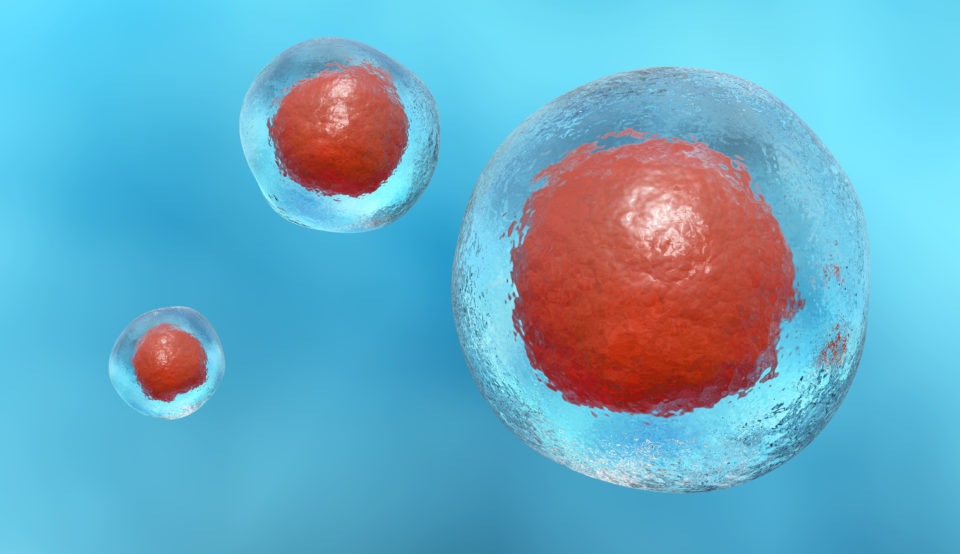
An anti-CD19 chimeric antigen receptor (CAR) T-cell-transduced natural killer (NK) therapy induced responses in patients with non-Hodgkin lymphoma (NHL) and chronic lymphocytic leukemia (CLL), according to a study published in The New England Journal of Medicine.
In the phase I/II trial, researchers administered human leukocyte antigen-mismatched anti-CD19 CAR-NK cells derived from cord blood to 11 patients (median age, 60 years) with relapsed/refractory CD19-positive NHL and CLL. NK cells were transduced with a retroviral vector expressing genes that encode anti-CD19 CAR, interleukin-15, and inducible caspase 9 as a safety switch. The cells were expanded ex vivo and administered in a single infusion at one of three doses following lymphodepleting chemotherapy: 1×105, 1×106, or 1×107 CAR-NK cells/kg of body weight.
Patients received a median of four prior therapies (range, 3-11 therapies), and most patients (n=7) were male. Median follow-up was 13.8 months (range, 2.8-20.0 months).
Good safety data and responses observed
This treatment did not result in cytokine release syndrome, neurotoxicity, or graft-versus-host disease, which are commonly observed side effects of CAR T-cell therapy. There was also no increase in the levels of inflammatory cytokines compared with baseline.
The maximum tolerated dose was not reached.
Eight patients (73%) responded to treatment, including seven patients who experienced complete remission (four with NHL and three with CLL). One patient had remission of the Richter’s transformation component but had persistent CLL. Responses were observed within 30 days after infusion at all dose levels. The infused CAR-NK cells expanded and persisted at low levels for at least 12 months.







 © 2025 Mashup Media, LLC, a Formedics Property. All Rights Reserved.
© 2025 Mashup Media, LLC, a Formedics Property. All Rights Reserved.